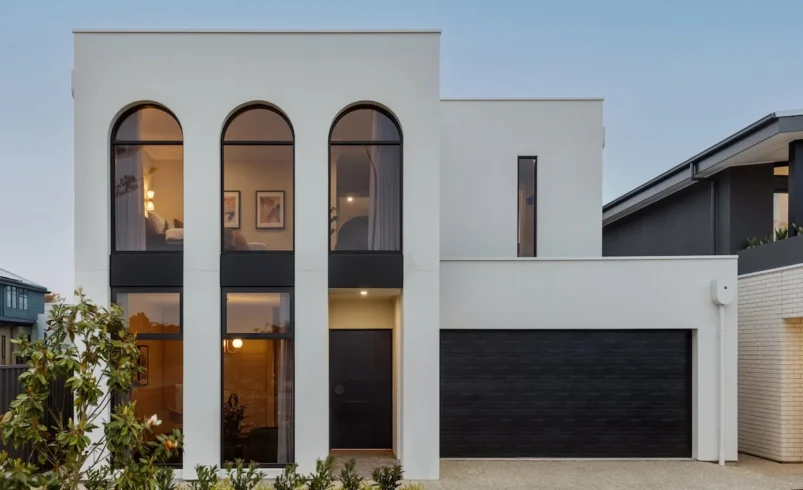How to Read and Understand Your Building Contract

Building your dream home is an exciting journey, but before you break ground, there’s one crucial step that can make or break your entire project: understanding your building contract. For homeowners embarking on Custom Design Homes in Adelaide, this document serves as the blueprint for your entire relationship with your builder.
A well-written contract protects both parties and sets clear expectations from day one. However, many homeowners sign contracts without fully grasping what they’re agreeing to, leading to costly disputes and delays down the road. Let’s break down the essential elements you need to understand before putting pen to paper.
Key Sections of a Building Contract
Contract Sum and Payment Schedule
The contract sum represents the total agreed price for your Custom Design Homes in Adelaide project. This section should clearly outline:
- The base contract price
- Any allowances for fixtures and fittings
- When payments are due throughout the construction process
Most builders use a progress payment system, where you pay specific amounts as certain milestones are reached. Never agree to large upfront payments or paying significantly ahead of work completed.
Scope of Works
This section defines exactly what your builder will deliver. It should include:
- Detailed specifications for materials and finishes
- Site preparation requirements
- What’s included versus what’s additional
- Any exclusions or items you need to supply separately
The scope of work acts as your safety net. If something isn’t listed here, you may face additional costs later.
Variations Clause
Changes are common during construction, but how they’re handled can impact your budget significantly. The variations clause should explain:
- How variation requests are processed
- Required documentation for changes
- How additional costs are calculated
- Time extensions related to variations
Understanding this clause helps you manage costs and avoid surprise bills.
Time for Completion
Your contract should specify realistic completion dates and what happens if delays occur. Key elements include:
- Practical completion date
- Circumstances that allow time extensions
- Penalties for unreasonable delays
Weather delays and council approval wait times are typically considered legitimate reasons for extensions.
Dispute Resolution
Even with the best intentions, disagreements can arise. This section outlines:
- Steps for resolving disputes
- Whether mediation or arbitration is required
- Legal rights and obligations for both parties
Having a clear dispute resolution process can save significant time and money if issues arise.
Understanding Jargon and Legal Terms
Building contracts often contain technical language that can confuse homeowners. Here are some common terms simplified:
Practical Completion: When your home is substantially finished and ready for occupation, even if minor defects remain.
Prime Cost Items: Allowances for specific items like kitchen appliances or bathroom fixtures, where you choose the actual products later.
Provisional Sum: An estimated amount for work that can’t be accurately priced at contract signing, such as rock excavation.
Defects Liability Period: The timeframe after completion where your builder must fix any defects at no cost to you.
Importance of Professional Review
While you should understand your contract’s basics, having a qualified professional review the document is invaluable. A building lawyer or experienced quantity surveyor can:
- Identify unfair clauses or terms
- Ensure compliance with local building standards
- Highlight potential cost traps
- Suggest beneficial amendments
The cost of professional review is minimal compared to potential problems from a poorly written contract.
Conclusion
Understanding your building contract transforms you from a passive participant into an informed decision-maker. When working with reputable builders like Rendition Group for your Custom Design Homes in Adelaide, you can expect contracts that are transparent, fair, and written in plain English. Remember, a good builder welcomes questions about their contract and takes time to explain unclear sections. Don’t rush this crucial step—your future home depends on getting these details right from the start. With proper understanding and professional guidance, you’ll be well-equipped to navigate your building journey with confidence.



